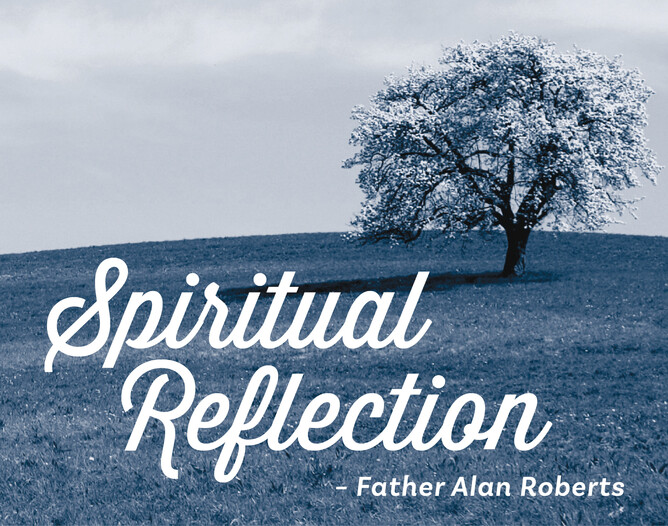Aroha mai, aroha atu
Love received demands love returned
Recently I had a conversation with a middle aged couple who happened to own a couple of flats which they rent out. Before I discovered this, we had been discussing the exorbitant rents people are obliged to pay for a simple 3 bedroomed house. In the course of all this, they revealed to me that because they had all they needed materially, they didn’t think it right to extract as much as they could from their clients, so they deliberately set their rentals lower than normal, I suspect as much as $300.00 per week. However, one of their clients, realizing they were being well treated, raised the rent themselves without referring to the owners.
This story speaks of a response to a loving deed. The flat owners had no special relationship with their clients. Charging a low rental was, in their view, the right thing to do. The clients on the other hand also recognized this act of love shown them, and wanted to express in some way their gratitude.
There are two points to ponder here. Firstly, we could say that for the flat owners, what they are doing is simply living justly and this ought to be the norm for those who follow the Jewish/Christian ethic. Choosing to live justly indicates a love for building a world where compassion is common place.
Secondly, the beneficiaries of this kindness have recognized the gift by raising the rent themselves. Their action has been a way of saying thanks and makes the process of giving and receiving complete. No longer could they just receive. Love received demands love returned. A lack of gratitude is a sad thing, because it makes sad people. Ungrateful living simply imprisons us in a never ending desire for more.
What a message there is in this. If we only knew that life is full of gift, so full that every moment is gift. In her book ‘Aroha’, Dr Hinemoa Elder, a recognized psychiatrist, in realizing that love is all around her, states that she decided to become a collector of special moments and recommends we do the same. Then she says: “notice how it affects your soul”. This is something we can learn from, for Catholic spirituality is rooted in this kind of thinking. All is gift and according to Ignatius of Loyola, God is found in all things. So it follows that gratitude is at the heart of Christian prayer.
This same life is also found in the difficult. The reason Jesus commands we take up our cross, and cannot be his disciple if we do not, is that he doesn’t want followers who are miserable. Observe how you love to be around a positive energy, as against someone who is always negative. For positive examples of all this, just observe those special TV interviews during the Napier floods.
By living the process of receiving and giving thanks in all circumstances, the process of becoming fully alive grows nearer to completion.
DISCUSSION:
What appeals to you from the above proverb?
If people the V de P help and no gratitude is given, what should be our reaction?
PRAYER:
Jesus,
You were given life
Among us
And gratitude
Inspired you
To give
Until you could no longer take.
We call to mind your letting go
To express our gratitude
And give to you
Our love.[i]
[i] This article and those submitted in 2023 are inspired by Dr Hinemoa Elder’s book, Aroha. In her work, Dr Elder reflects on various whakataukī (proverbs) and whakatauakī (sayings) found in Māori tradition. My intention here has been to reflect on these from a Christian perspective. I hasten to add that her insights have been enormously helpful.



